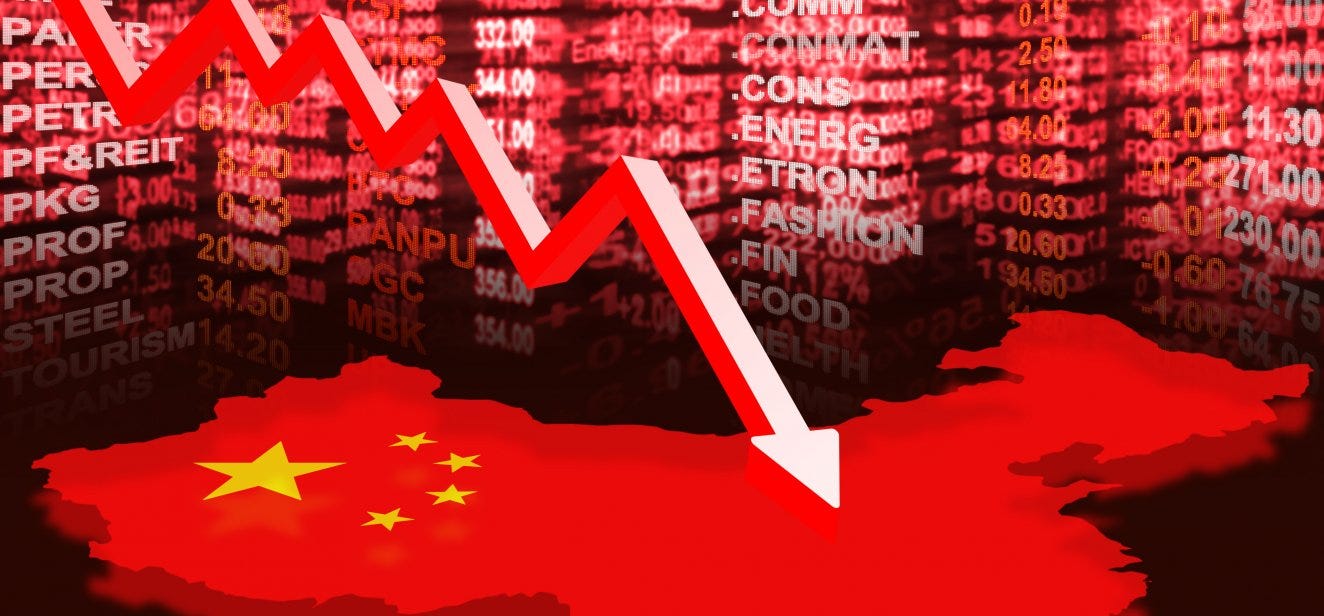The Chinese Economy Is More Than Ever Caught in the Trap of Xi Jinping’s Zero-COVID.
This is how a wrong strategy followed inflexibly can plummet an entire economy.
Mr. Ye has been working hard this summer to try to make up for losses in his Shanghai stores, in the wake of the lifting of the brutal lockdown of China's largest metropolis. But this owner of a ready-to-wear chain is already resigned to the fall of 2022: “I'm exhausted, we'll lose money this year. The issue is survival,” says the 35-year-old entreprene…
Keep reading with a 7-day free trial
Subscribe to Sylvain Saurel’s Newsletter to keep reading this post and get 7 days of free access to the full post archives.




